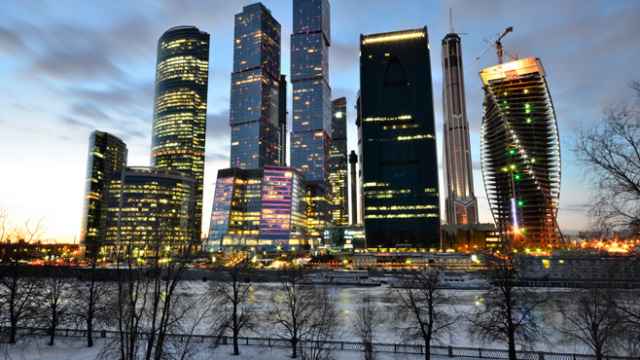As 2015 draws to a close, most general managers of international companies based in Russia will be scratching their heads when planning their budgets for next year. Will 2016 be a repeat of this year; will it be better or worse? Predicting the future in Russia is an art in itself at the best of times, and what next year might bring is anyone's guess. However, in an attempt to shed some light on the current situation, we recently asked more than 200 directors to give us their views.
Let's start with the bad news, which is that the economy is forecast to shrink further in 2016. Latest numbers talk about a 1 percent drop in GDP, meaning that companies will be forced to take more productivity-related steps in order to remain competitive. Many of the companies we meet complain of their operations performing poorly, particularly in comparison with their European counterparts in terms of efficiency.
All too often, once an analysis is carried out the simple conclusion is that the existing corporate structure is either too big, or too bloated (or both) to serve the current market needs. In extreme cases, further digging uncovers missing company funds or that the senior management have been working half days. Regardless of the reason, be it internal or external, the next call is to a headhunter as wholesale changes are put into place.
There is, however some good news. The majority of firms appear to have finished any planned redundancies, at least for this year. Any further reductions in staff are likely to be more moderate, and affecting individuals rather than whole divisions. There is even some hiring activity among the more optimistic companies, although in practice these will almost certainly be replacements for existing personnel who are currently underperforming or have recently resigned.
Interestingly, 86 percent of international organizations in Russia are planning ruble salary increases for next year, compared to only 56 percent of local firms. Most will be looking at raises of around 7-9 percent, which could even be slightly above the rate of inflation, depending on which statistics you believe.
If you are still in employment, the key as always is not simply working well, but being able to demonstrate that you are worthy of a raise. Talking up your recent achievements and added responsibilities may not come naturally to Russians but those seen to be working smarter rather than just harder are likely to be the ones reaping the rewards. Then have fun spending it — Russia's retailers could do with the additional coins in their tills!
Luc Jones is a partner with Antal Russia, a British executive recruitment consultancy present in the CIS since 1994, and employing over 100 staff in offices in Moscow, Kazan & Almaty.
A Message from The Moscow Times:
Dear readers,
We are facing unprecedented challenges. Russia's Prosecutor General's Office has designated The Moscow Times as an "undesirable" organization, criminalizing our work and putting our staff at risk of prosecution. This follows our earlier unjust labeling as a "foreign agent."
These actions are direct attempts to silence independent journalism in Russia. The authorities claim our work "discredits the decisions of the Russian leadership." We see things differently: we strive to provide accurate, unbiased reporting on Russia.
We, the journalists of The Moscow Times, refuse to be silenced. But to continue our work, we need your help.
Your support, no matter how small, makes a world of difference. If you can, please support us monthly starting from just $2. It's quick to set up, and every contribution makes a significant impact.
By supporting The Moscow Times, you're defending open, independent journalism in the face of repression. Thank you for standing with us.
Remind me later.






